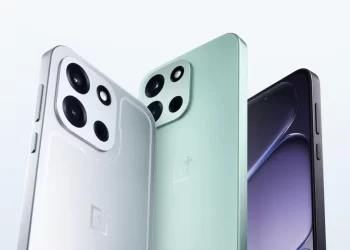Microsoft has quietly signaled the impending demise of Skype, the once-dominant voice-over-IP (VOIP) and messaging platform. Buried within the Skype Insider version 8.137.76.425 APK, in the file path ./assets/resources/strings, a new text string reveals the news: “Starting in May 2025, Skype will no longer be available. Continue your calls and chats in Microsoft Teams.” After 22 years of connecting people across the globe, Skype’s final curtain call is set for May 2025.
Skype first burst onto the scene in 2003, quickly becoming a household name for internet-based calls and messaging. At its peak, it was the go-to platform for long-distance communication, bridging gaps in an era before smartphones and modern collaboration tools dominated. Microsoft took notice and acquired Skype in 2011 for a hefty $8.5 billion, integrating it into its ecosystem as a cornerstone of its communication strategy.
However, Skype’s journey under Microsoft was far from smooth. Shortly after the acquisition, Microsoft phased out its own Windows Live Messenger in favor of Skype. In 2015, Skype was baked into Windows 10 — a move that lasted just nine months. The following year, Microsoft introduced a Universal Windows Platform (UWP) version of Skype, shifting away from the traditional Win32 app, only to reverse course later and abandon UWP altogether.
The real pivot came in 2017 with the launch of Microsoft Teams, a collaboration platform built on Skype’s technological foundation but tailored for the modern workplace. Teams quickly became Microsoft’s flagship communication tool, overshadowing Skype with its robust features for businesses, schools, and remote teams. Since then, it’s been clear that Microsoft’s focus has shifted entirely to Teams, leaving Skype to linger in the background.
Skype’s shutdown in May 2025 will close the chapter on a service that defined an era of digital communication. From its humble beginnings in 2003 to its $8.5 billion acquisition and eventual decline, Skype’s 22-year run leaves behind a legacy of innovation and nostalgia. For many, it was the sound of a loved one’s voice across continents or the ringtone of a late-night chat with friends.












